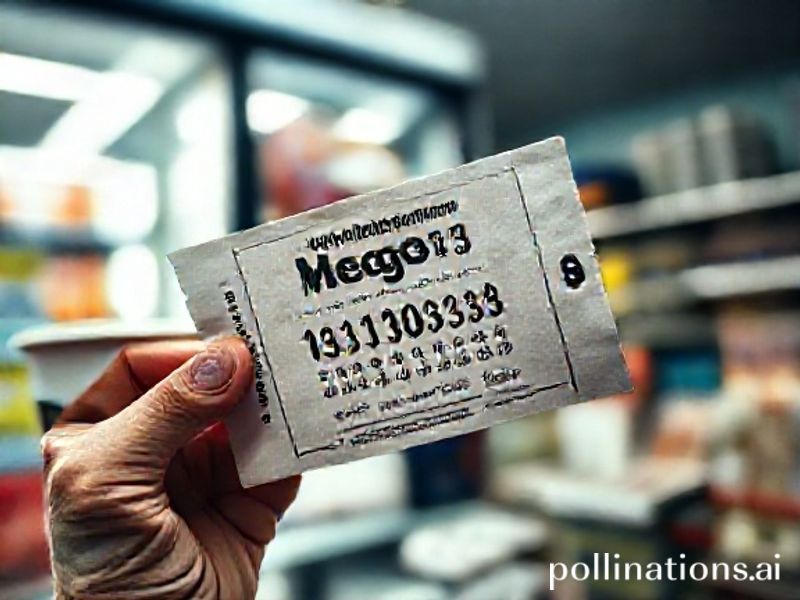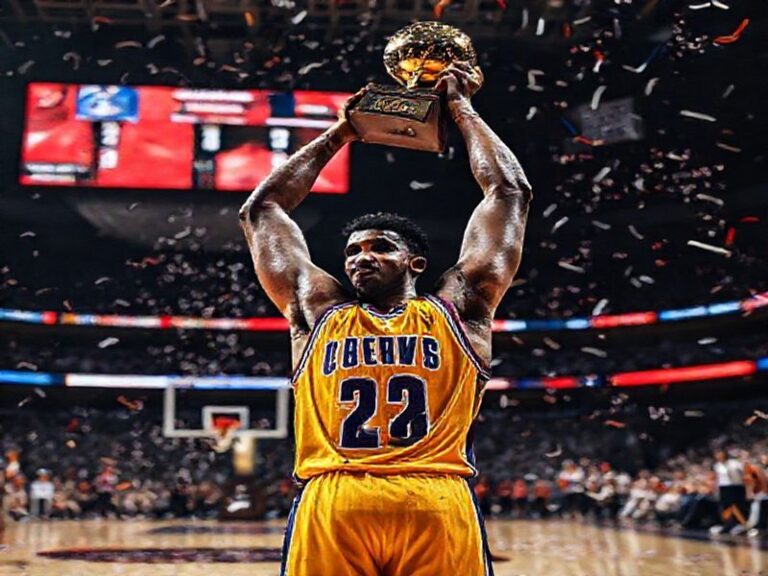Mega Millions Winning Numbers: How Six Digits Became the World’s Favorite Loser’s Anthem
Mega Millions Winning Numbers: The Global Lottery Where Everyone Loses Except One Guy in Ohio
By the time the white balls tumbled out of the gravity chamber in Atlanta, the planet had already placed its bets. In Manila, a call-center agent on his smoke break refreshed the app six times, convinced that 07-15-24-41-43 + 22 would cancel his student debt. In Lagos, a WhatsApp group pooled naira for a cousin in Houston to buy the ticket on their behalf—because nothing says pan-African solidarity like outsourcing your delusions. And in Frankfurt, a hedge-fund quant ran the numbers, shrugged, and bought another microbrew; the expected value was still lower than a Greek government bond.
The winning numbers themselves—07-15-24-41-43, plus the gold Mega Ball 22—are now, for a few surreal hours, more widely memorized than the nuclear codes. They will be printed on receipts in 7-Elevens from Anchorage to Key West, translated into 17 languages on lottery conspiracy Twitter, and whispered by monks in Myanmar who swear the digits appeared in a dream sandwiched between Aung San Suu Kyi and Tom Cruise. Statistically, of course, the odds of hitting that exact combination are 1 in 302.6 million, slightly worse than finding a functioning printer at the U.N.
What makes this quintessentially American jackpot a planetary event is the same force that once sold tulips to the Dutch and NFTs to Singaporean bankers: hope, cut with desperation, served on a bed of Wi-Fi. The pot—$1.35 billion annuity, $707.9 million cash—could erase the external debt of Belize and still leave enough for a modest yacht. Instead, it will sit in one human’s bank account like a dragon atop a very bourgeois hoard, while the rest of us console ourselves with memes about how we’d definitely fund clean water in Flint right after the private island.
Meanwhile, the world’s poor queue for a chance to be less poor. In Haiti, street vendors hawk “El Mega Millon” scratch-offs printed on recycled cardboard; in Bangladesh, factory workers chip in 20 taka each for a syndicate ticket that will never arrive because the middleman used the cash to bribe a customs agent. The lottery is globalization’s most honest supply chain: everyone knows the product is imaginary, yet the logistics hum like Amazon Prime on Black Friday.
International finance is watching, too. Currency traders in London have quietly modeled how a lump-sum payout, converted to euros, could nudge the dollar index by a basis point—an impact roughly equivalent to Elon Musk sneezing on Twitter. Goldman has structured a derivative allowing clients to short “lottery optimism,” a trade that profits every time a middle-aged dad in Wisconsin realizes he still has to fix the gutters.
Back in Atlanta, the Georgia Lottery Corp. reassures us that proceeds fund education, which is true in the same way cigarette taxes fund cancer research. Somewhere in the metaverse, a 3-D avatar wearing Gucci loafers just purchased a Bored Ape with the same six numbers tattooed on its fur. The avatar’s owner is anonymous, but the Discord username is, predictably, “ToTheMoon69.”
And then there’s the winner, whose identity will be revealed during a press conference where he’ll claim he’s keeping his job at the muffler shop “for the guys.” Within 48 hours, long-lost cousins from three continents will surface like U-boats, each with a business plan involving coconut water. The winner will hire a security team staffed by ex-Mossad, install a panic room, and discover that the only thing more claustrophobic than poverty is sudden wealth.
Globally, the takeaway is as elegant as it is cruel: a single set of numbers has done what the World Bank, the IMF, and seventeen COP summits could not—unite humanity in a shared fantasy of effortless riches. Tomorrow the jackpot will reset to $20 million, an amount now dismissed as “gas money,” and the cycle will resume. Because if there’s one thing more universal than death and taxes, it’s the conviction that the next ticket will be the one that beats the math.
Until then, keep refreshing your browser. The numbers haven’t changed, but neither have we.







